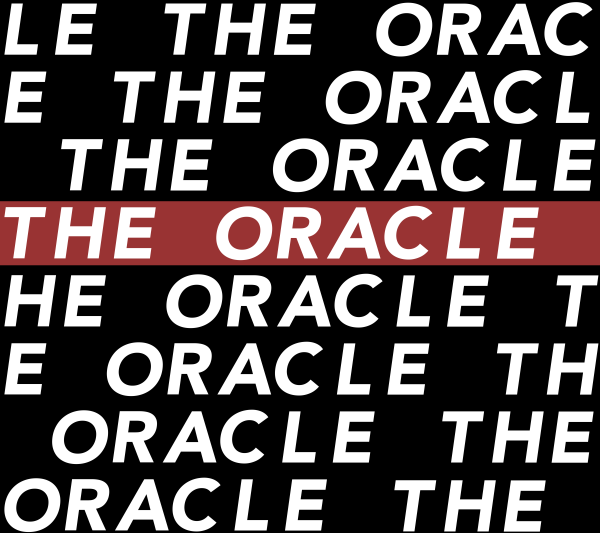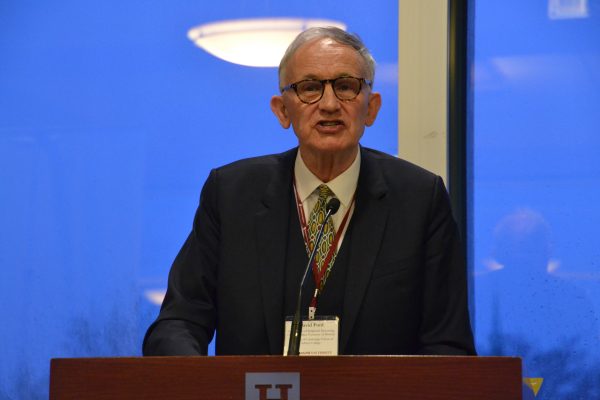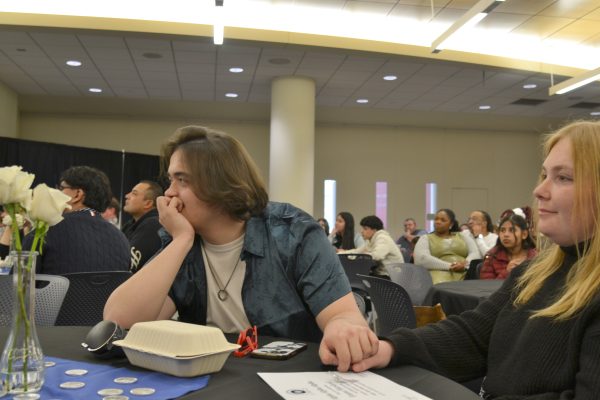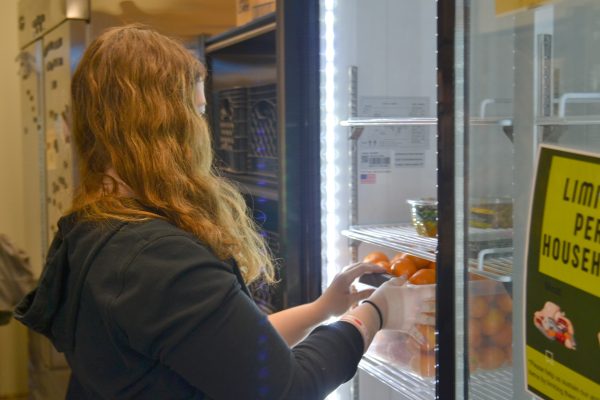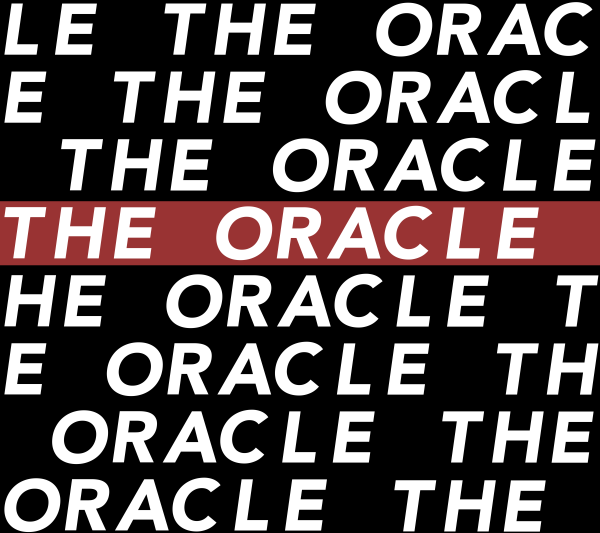Hamline responds to the Florida shooting
While our nation grieves another great loss of innocent life to another gunman, Hamline students come together to discuss thoughts, responses and how to process this event.
February 21, 2018
On Valentine’s Day, news broke of another gunman terrorizing another American school, taking the lives of 17 individuals at Marjory Stoneman Douglas High School in Parkland, Florida. As school shootings become more of a daily topic in America, from students learning drill after drill and Congress discussing possible solution after possible solution, Hamline Professor Jillian Peterson felt a need to respond in some way. In an email interview, Peterson explained how she came upon her decision to hold a discussion on Friday, Feb. 16.
“Last night I decided to scrap what I had planned for class on Friday to give students some time to pause and reflect on the shooting in Florida,” Peterson said.“I think we have to carve out space and time (face to face) after these tragedies, and not let this become business-as-usual.”
Following the decision to change her class schedule, Peterson went on to try to expand this idea to reach as many students as possible.
“After inviting all the students who have worked on database to the Friday morning discussions, I sent out an email to all faculty inviting their classes as well,” Peterson said. “These shootings can feel so overwhelming – Friday morning is a time to come together, process what we’re feeling, and think about what we can each do moving forward to prevent mass violence.”
The database Peterson mentioned is one the Hamline Law Center is creating. They are compiling a data from mass shooting in America in an attempt to better predict or prevent them.
“I’ve been working on creating a mass shooter database of 135 shooters over the past 50 years, coding them on 50 different psycho-social variables. I’ve had about 20 students work on the project since September, and three students are doing independent studies with me this semester to get deeper into the database.”
For Peterson’s purposes a mass shooting is defined as follows: More than four deaths, not including domestic or family annihilators or any gang relations.
Students and staff gathered at 9 a.m. and the first thing they were asked to do was sort themselves into small groups and discuss their initial reaction. First-year Troy Burgin was heavy with grief and anguish when he talked about the events on Wednesday.
“Homicide by firearm is 49 times higher in America and this is the fourth school shooting I can name in my recent life,” Burgin said.
Burgin recalled the news reports he had seen over the days leading to Friday.
“Students were joking in class, saying that they knew [Cruz] would be a school shooter,” Burgin said. “He was a nobody, and an outcast and they treated him like one…Mental illness is accepted as something that casts you out of society… Groupthink allows these kids to be tormented.”
Burgin ended his explanation with a hard truth.
“Now we sit around and we just wait until the next one happens, we never do anything about it… When I’m a parent this cannot happen.”
Paula Brugge, Associate Director of International Admissions, made time to talk to students about how she responded to the tragedy.
“Congress said ‘We Failed’, but what do they do?” Brugge said. “It just felt so predictive, like I knew what Trump and Pence would say, what the right and left would say. When [Trump] said what he said I knew he’d say it.”
Peterson posed many questions to the group and Hamline Students and Staff responded solemnly, but with an overall consensus of mental health awareness.
“These shooters are predominantly male and predominantly white,” one student said. “And that fact can’t be ignored or swept under the rug because they were mentally ill. Yes we need to respond and need to handle that illness, but if minorities are blamed and no one thinks of their mental health then how is it fair to say these white males were different?”
Peterson talked about the database again, returning to the fact that the Florida shooter was not killed, which is rare.
“A lot of these shootings end in suicide [or] police force, and what if that’s how we think of them?” Peterson posed. “If you think of these as horrific suicides than there’s a completely different way to handle it… How would you handle that?”
Senior Logan Micek posed a few questions to his group about the ideas of social media and leakage, which is when a shooter says or alludes that they have plans to carry out a shooting before the fact.
“I think the 24 hour news cycle is dangerous… curiosity about the shooter grows every time we talk about him. It’s like an intrinsic curiosity that we build up… wanting to get to know them, why they did it… it’s weird how famous we make them,” Micek said. “I could probably name you more school shooters than basketball players.”
Peterson then began the discussion on solution and what could have been done to prevent this event and any other future shootings.
“I’m for gun control like any other bleeding heart liberal… but we can’t just jump to guns, we can explore other solutions that aren’t such hot button’s in politics. We have to go outside the system because gun control is so torn up…,” Logan Micek responded, “A divided nation can’t stop kids from being shot in calculus class.”

